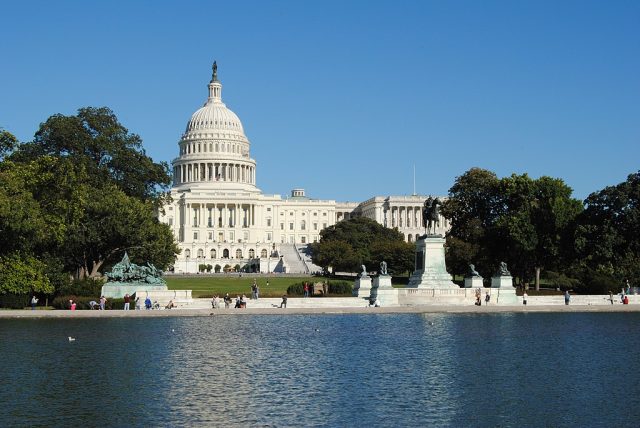President Donald Trump has signed legislation to reopen the federal government, ending the longest shutdown in U.S. history and ensuring federal workers return to their jobs with full pay.
The measure, approved by Congress with bipartisan support, funds the government through January 30, 2025, maintaining current spending levels while lawmakers negotiate a longer-term appropriations package for fiscal year 2026.
Funding Key Programs and Federal Workers
The bill also extends funding for the Supplemental Nutrition Assistance Program (SNAP) through September, supporting more than 42 million Americans who depend on the program for groceries. It additionally restores pay to government employees affected by the shutdown and reverses layoffs initiated earlier in October.
Shutdown Impact and Resolution
The 40-day lapse in funding began October 1, as Republicans and Democrats clashed over healthcare policy provisions. The Senate voted 60–40 to pass the funding measure late Monday night, with eight Democrats joining Republicans in support. The House followed suit Wednesday, sending the bill to the President’s desk.
The shutdown had caused growing ripple effects, including delayed air travel due to air traffic controller and TSA staffing shortages, as many employees were forced to work without pay or take on second jobs.
President Trump signaled earlier this week that a deal was close, saying he wanted to “get America back to work” and ensure vital services continued while protecting taxpayers from bloated spending proposals.
Partisan Dispute Over Healthcare
At the heart of the stalemate were disagreements over healthcare spending. Republicans, led by President Trump, opposed Democratic proposals they said would extend benefits to illegal immigrants and unwind parts of the President’s signature tax and domestic policy package—his so-called “big, beautiful bill.” That legislation had reduced Medicaid eligibility for non-citizens and was credited by Republicans with strengthening the economy and restoring fiscal discipline.
Democrats countered that they sought to extend Affordable Care Act subsidies set to expire in 2025. While the short-term spending bill does not include those extensions, Senate Majority Leader John Thune (R–S.D.) agreed to hold a separate vote in December on whether to continue those subsidies.
A Step Toward Stability
With the government back open, federal employees are being paid retroactively, and critical operations are resuming across the country. The White House described the bill as a “temporary but responsible solution” while broader negotiations continue.






Shutdown Reforms:
ID who gave order for
Blame the DC System
NO pay for House or Senate
Freeze pay levels
CUT more waste, fraud
Make public
NOT for politics
Those who voted for more shutdown should lose Benefits pay
Speed up Reopen Govt more
CUT fraud, abuse More X100
Pay armed forces, TSA FAA Security ICE CBP